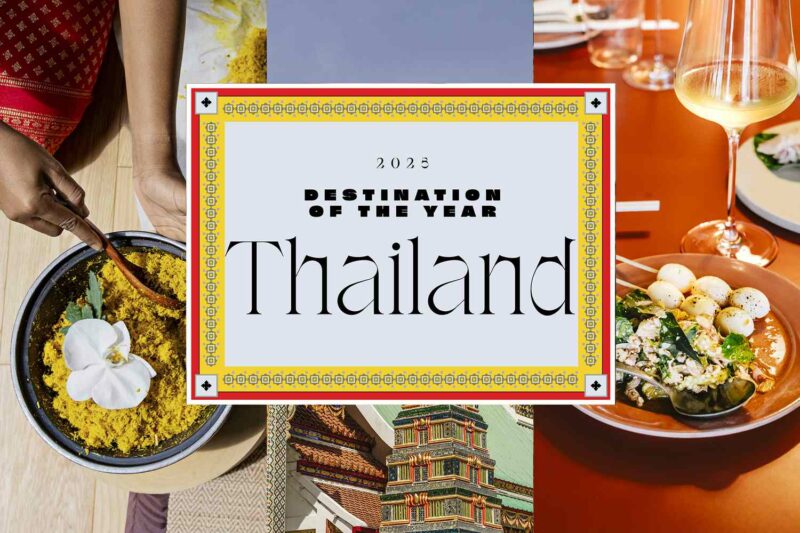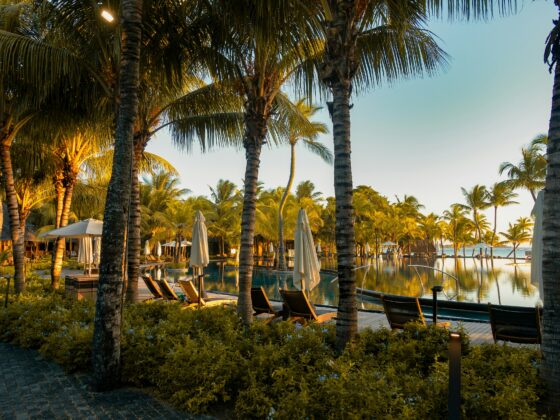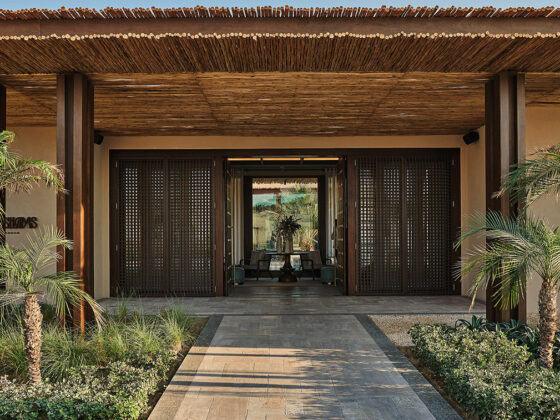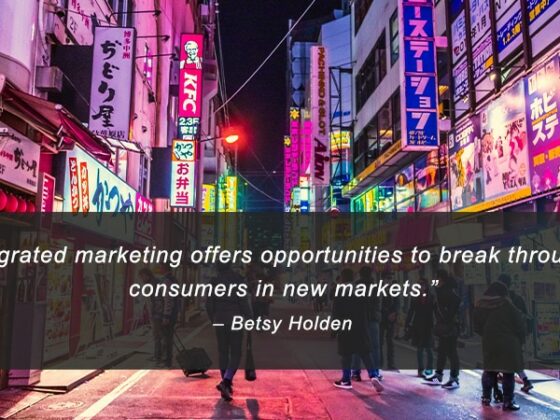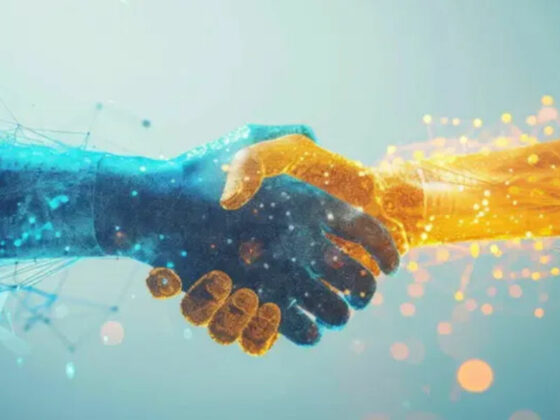Josiah:
I’m curious. You mentioned coming off a three-month tour of many different destinations. We’re recording this in summer of 2023. Some service mistakes are evergreen, but maybe some are novel. I’m curious what you’re seeing and hearing and observing recently around some common service mistakes that maybe our listeners should be aware of so that they make sure that they’re not making them.
Stephanie:
Yes, I mean it first comes off to training. So we’re still coming off of the pandemic and short staffing in many different markets and departments and then we finally hire this person. We’re so excited and we basically throw them to the wolves because we need that body to take care of the guest. And then they don’t receive that proper training and now they’re providing wrong information to the guest. The guest is asking oh, what time is dinner or reservations required? And then they’re just going off the cuff of whatever they think, not knowing if they are providing the correct information or not. So I would say, still with the training and holding the staff accountable through their onboarding time period and not just being so eager beaver of throwing them out there. I would say we’re still seeing that here, especially for markets that they’re just in their busy season right now.
Josiah:
Makes sense. I want to come back to training and talk more about that, because I’m very interested in how you approach that. Is there anything else just on, I guess, on the topic of service or common mistakes, anything else that you’re seeing or hearing recently?
Stephanie:
I would say also, too, with the lack of personalization. So we’re still seeing our steps of service being very robotic and not having our employees’ personality show. And so, yes, we have certain standards that obtain to the brand, but we still want to making sure that the guest is experiencing something that they couldn’t experience anywhere else. And that’s also, too, where the employees, where they’re able to provide that personalization and not just being like, oh, checking in your credit card and ID, we have these things for you tonight. Here you go, have a great day, but really being able to engage oh, are you here for business or leisure? What are your plans? Can I make some personal recommendations of where to go and those types of things. So we’re still seeing the employees not being able to really show their personality as much in providing that personalized service to the guest.
Josiah:
You’ve worked in a wide range of operational roles, right, and I imagine in those experiences you’ve received a lot of training, and so I’m curious what you learned as a hospitality provider that informs how you conduct training today, and maybe what’s different than maybe some of the typical training that you’ve seen out there.
Stephanie:
Yeah, I mean, it’s experience, it’s really being able to train based upon experience, and that’s what I learned very early on is usually we would have traditional HR directors as the trainers, and then training is saying oh yes, you have to use the guest’s name and you have to smile and do all these things in a timeliness fashion. And then it’s really like have you ever been at the front desk on a Sunday when we’re trying to flip the house and the communication we need to do with the guest and housekeeping and all the different departments and really knowing what’s going on a day? That is just bonkers. And then to be like, no, I’m typically off. Sorry, hr, but that’s how it usually is. And so from there, I wanted to make sure for my training is, speaking from my experience, and giving individuals the tips and tricks that I have learned throughout the years, and acknowledging it’s not all rainbows and butterflies. We’re going to have moments that you know guests are not happy and we’re doing the best that we can, but they’re still not happy. Or things come up like a flood, someone, a guest that ends up filling up the bathroom unexpectedly. But then how can we still be able to keep our integrity with our hospitality and our passion, but then getting through on the day to day of what needs to be done in providing that great service.
Josiah:
It seems like a good takeaway for our listeners because you know if they’re working with you, you’re going to be sharing from your own experiences, right, I think, if if we have listeners that are maybe doing it themselves, pulling from their own personal experiences, or you have some people on a corporate role that are organizing teams of people internally to do trainings for different things, and so it’s an interesting kind of observation. To like focus on those people that have done it and done well in doing it and, I imagine, also have an ability to teach, is like it’s more than just subject matter expertise, but there’s a certain amount of communication, I imagine, in being an effective trainer.
Stephanie:
Oh, yes, I mean, I love it when I’ll come in and they’re, you know, we’re getting to know each other. And then they’ll start pushing and challenging and they’ll be like, well, have you ever done it? I was like, huh, yes, I have, it works. This is what we’re doing. And then they’re like Okay, now, even you know an example is housekeeping. So you know, when training with housekeeping and talking about how to making sure that we’re properly cleaning the room, and I know there’s some times that they’ll cut corners, and during the training I pointed out to them of those you know ways of cutting corners, to showing that I know where to inspect, to making sure that the room is clean. And then they’re like, oh, she knows her stuff. I’m like, yes, that’s interesting.
Josiah:
So you’ve trained more than 20,000 hospitality providers worldwide and I think you know the best learning environments are a bit of a two way street where you’re sharing information. We also learning from them, and I think that is one of the unique perspectives that you have, because you work with so many luxury brands, lifestyle technology, so many of the best practices, I imagine, from a lot of different perspectives, and I’m curious what have you learned from the people that you’ve trained? It could be you know something specific, but or just just broadly in terms of managing those environments, what have you picked up from the training that you’ve provided?
Stephanie:
different generations. So now, when providing feedback or changing certain standards or tasks that are being done on today-to-day basis is now you really can’t say, okay, this is what we’re going to do and everyone’s on board. You really now have to take it in bite-sized pieces in providing that training to the individuals. So if we’re having, say, someone that’s more of an older generation, they’ve been at that property or in that position for 20-plus years and now we are changing up their day-to-day routine, and now how can we make sure that, at the ultimate, that we’re getting to our goal and making sure that they’re on board and showing them the way? And then we have the, a younger generation that’s just entering into the workforce from college, and now they may be a little bit more sensitive to feedback is what I’m noticing. But then also, too, they want it straight to the point as well. They’re like don’t give me all the fluff, tell me what I need to do in a sensible way.
Josiah:
Interesting. I’ve talked to a lot of people over the past couple of weeks around how do we attract more people into hospitality? And I’m curious is there anything that you heard from the summer interns in terms of what attracted them to the business or how they were thinking about it?
Stephanie:
I mean it really comes to making hospitality fun. We’ve had so much negativity on how bad our industry was affected through the pandemic, how so many people left the industry. We’re so short staffed and there was just so much negativity. But there’s also, too, so much positivity. That’s in hospitality and I think we just got to get back to that foundation to make it fun again, just like when I was 17 and starting my career out in hospitality. It was so much fun. I mean, yes, we had busy days, it was crazy, but we’re all working together and keeping that positivity in the cultural instead of all this negativity. And I think that’s for these next generation that’s entering into the hospitality is how can we showing how it’s fun and keeping the positivity and also to all of the experiences that you get and the benefits about being part of the hospitality industry?
Josiah:
How did you incorporate that into training? Maybe these interns specifically? Because, yeah, communicating the fun and the opportunity, what worked for you recently?
Stephanie:
I just I love sharing with them my story. So I can say that, yes, when I was 17, I went through high school, through college, in the hospitality industry and I continued on with it. And look at all of the experiences that I’ve been able to do, I’ve really been able to manifest my own career path and you can as well. You don’t have to follow a traditional path. You can find out what you like to do. And it was great, you know, talking to a lot of the summer interns, where some of them really enjoyed food and beverage. They’re like I want to stay in food and beverage, and we discussed different ways that they can still be enabled to be in the food and beverage industry and creative ways to to be enabled to work with restaurants. And then I had others that are like I don’t like food and beverage, I like to do social media, I like to be able to engage with the guests, and so then looking at different ways for them as well to be enabled to see opportunities to still be in into the hospitality. But a lot of it was talking to the interns and not just assuming and finding out what was, you know, their nature, what made them gravitate towards hospitality.

